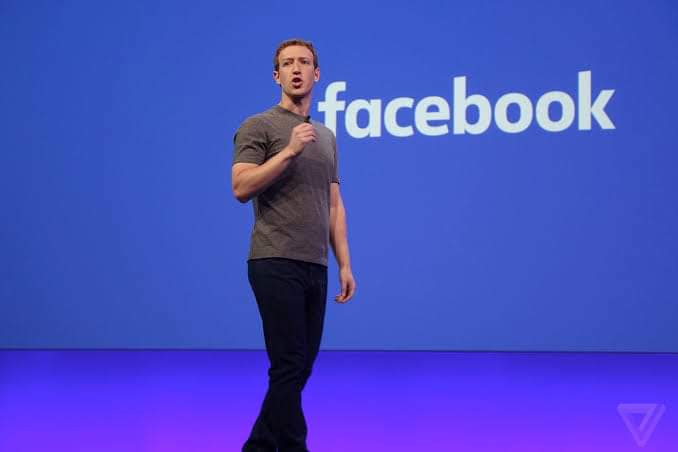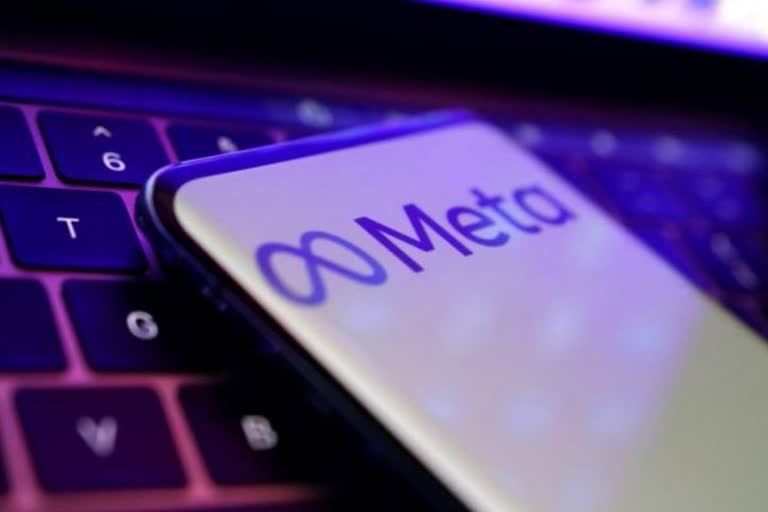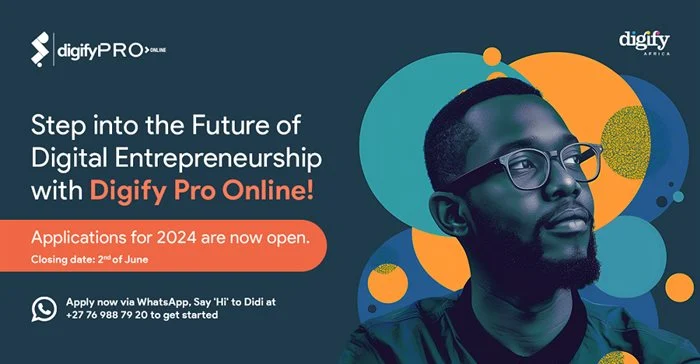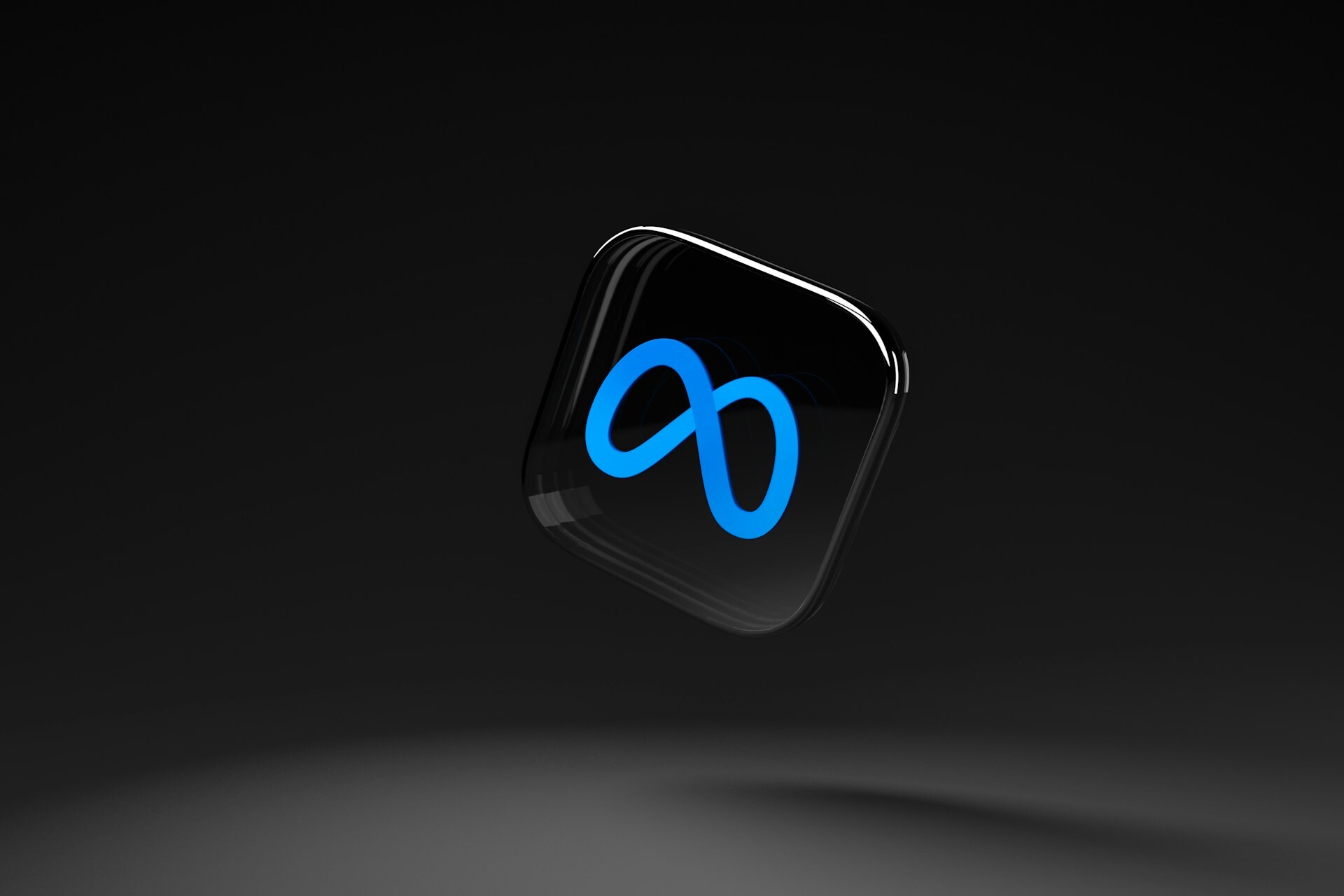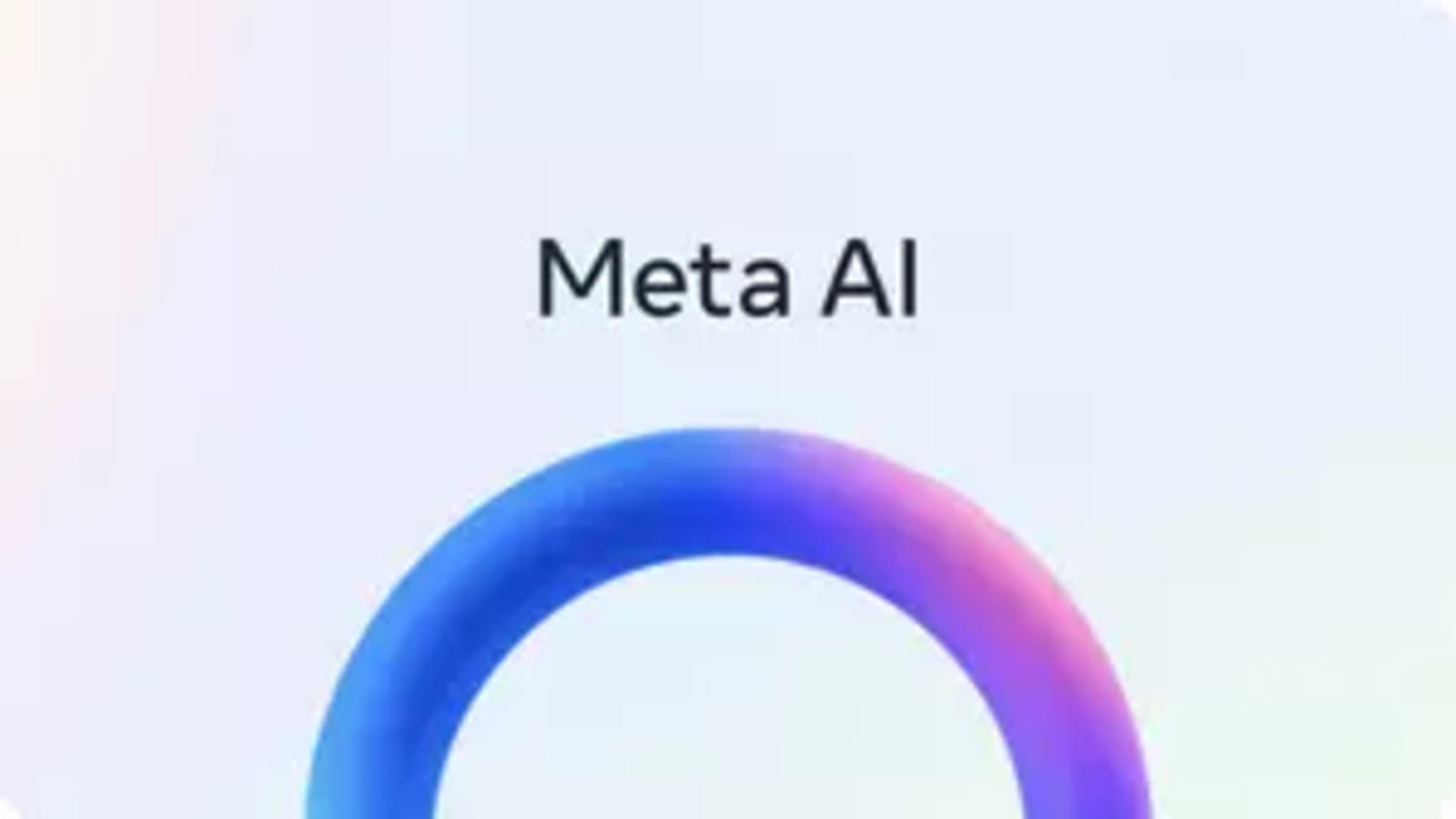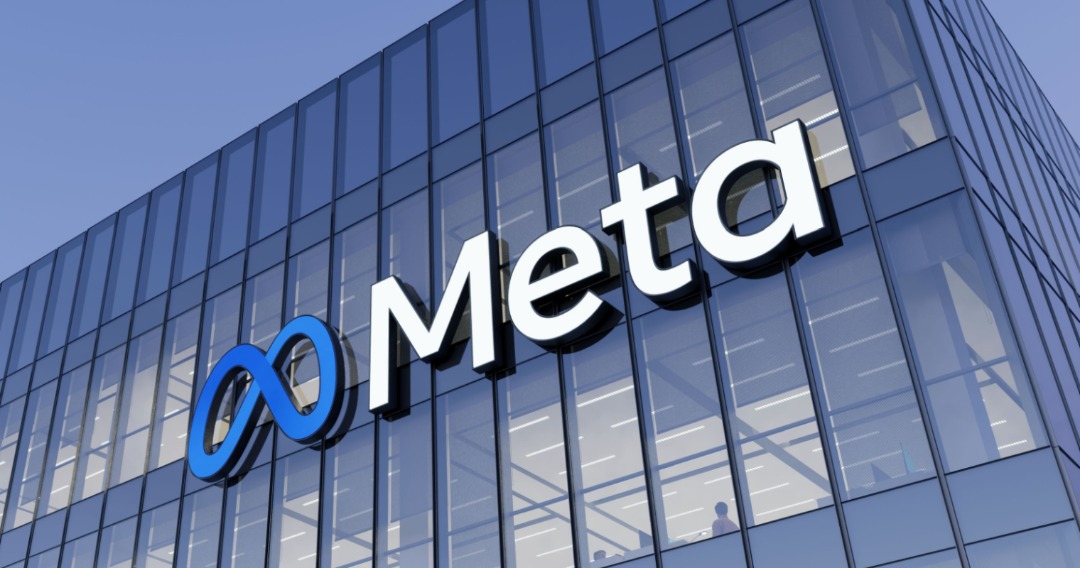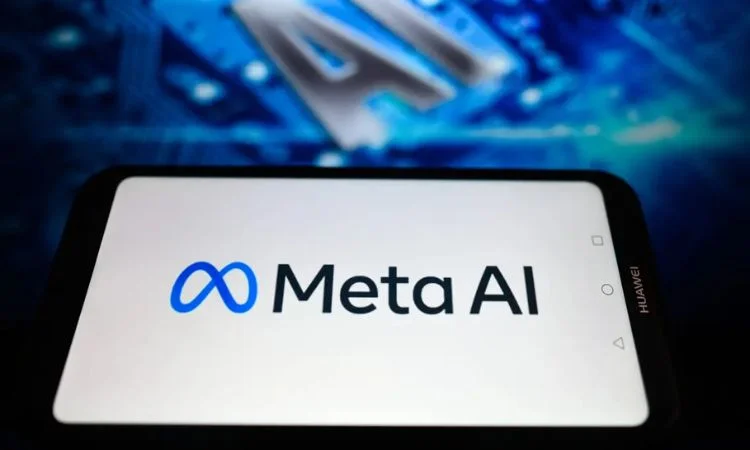Meta’s instant messaging network, WhatsApp, is constantly evolving to provide a better experience for its users. The tech giant has unveiled the much-anticipated addition to group chats and events. The purpose of this new tool is to make it easier to plan events, gatherings, and meetings without ever leaving the group chat.
With the Android 2.24.9.20 upgrade, the feature began to spread out with the WhatsApp beta. It will soon be released to a broader audience of WhatsApp users. The update is slowly making its way into WhatsApp’s regular group chats. However, it was first launched as a feature for Communities.
Read also: Mama Money, Access Bank, Paymentology launch new WhatsApp-enabled bank card
A guide on WhatsApp’s new feature for group events
Thanks to the upgrade, users can now easily create and manage events without leaving chat groups. To do this, users must use the paperclip icon. An extra “Event” icon will now be available, letting users add new events with specifics like name, date, location, description, audio/video call information, and more.
Event descriptions have a character limit of 2048. You can add WhatsApp call links to events up to one year in advance, and Zoom and other platform links can also be included in the description.
After an event has been created, group members have the option to accept or decline the invitation, and the event creator typically can make changes to the event information.
The source reassures that all group chat events are end-to-end encrypted and that no one outside of the conversation can view the specifics of these events, protecting the privacy and security of WhatsApp users.
No one outside of the group can be invited to the event. It is also not possible to forward an event to another user.
Changing events can only be done by the people who created them. Those in your group who click “yes” will be notified whenever you change your event. A notice will also be posted in the group conversation.
Cancelling events is likewise a capability reserved for event creators. Those in your group who click “yes” will be notified when your event is cancelled. In the group chat, you’ll also see a system message.
Read also: WhatsApp fully embraces HD photos and videos integration
Other Meta features
The company has released several new features directly to India’s WhatsApp, Instagram, Facebook, and Messenger users, including the Events feature and its Meta AI assistant.
Meta AI will also provide users with insights while they browse Facebook posts within the app. Using the Meta AI assistant in group conversations allows users to get real-time information on subjects such as travel planning and choosing the least crowded approach to a destination, thanks to its integration with real-time search results from Google and Microsoft.
Better business tools and significant group video conversations are two more updates consumers can enjoy. The app’s most notable update is removing the eight-user limit on group video calls and replacing it with a much higher maximum. With the recent update, WhatsApp calls on desktop and mobile devices may now support up to 32 individuals, allowing bigger groups to easily communicate virtually virtually.

